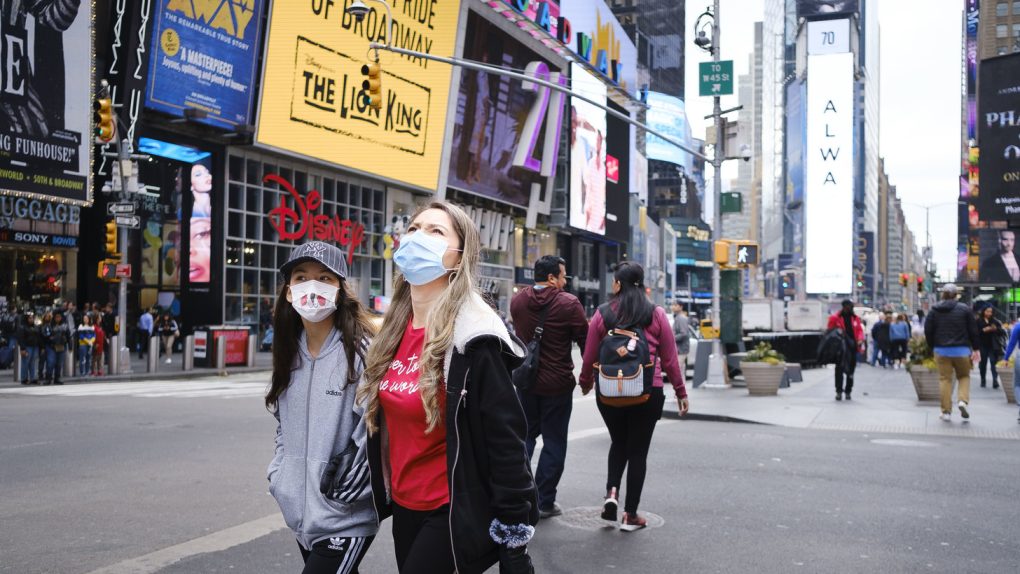- Researchers are developing antibody-based drugs that could cure COVID-19 patients.
- One company now says that the first monoclonal antibody medicine could be ready as soon as late summer.
- The therapy is based on the same principle as plasma transfusions from donors who have survived a novel coronavirus infection.
- Visit BGR’s homepage for more stories.
The two things that make the novel coronavirus so dangerous are its incredible contagiousness and the lack of drugs to treat COVID-19. That’s why face masks and social distancing measures are so important, and will still be required after regions start opening their economies. The virus won’t just disappear once the peak has passed and the curve has been flattened. It will continue to linger and significant outbreaks will still be possible. We’re getting better at treating the virus than we were a few months ago though, and the more time passes the closer we’ll be to a vaccine.
Remdesivir will become standard therapy for COVID-19, a drug that has been found to reduce the recovery time in some patients. The medication won’t reduce mortality rates, however, and it can’t prevent the infection. That’s what a vaccine would be able to deliver, assuming at least one drug ends up working out of more than 115 candidates currently in development. But we still have a long wait before a vaccine becomes widely available, so it’s a good thing that the first drugs capable of treating COVID-19 could be here as soon as this summer.
Doctors who are battling the virus have been throwing all sorts of chemical compounds at the infection, trying to slow down its ability to reproduce and to prevent an excessive immune response that might kill the patient. That’s why drugs like remdesivir, hydroxychloroquine, and many others have been trialed on patients. These are medicines that were developed for other diseases, but they might also work for COVID-19.
But scientists are also working on a new type of medicine that will target the SARS-CoV-2 virus specifically. And it’s all based on a COVID-19 therapy that has been proven to work in a variety of cases.
Several countries have been trying to cure the novel illness with the help of plasma transfusions from COVID-19 patients who beat the virus. Their plasma can contain high doses of antibodies that give people some sort of immunity against reinfection — though it’s unclear how long the immunity lasts. But the antibodies can also help patients with severe COVID-19 cases. We’ve seen plenty of anecdotal evidence from hospitals in America that have been running plasma trials, and they suggest that the 100-year-old technique works.
The problem with plasma therapy is that you need donors, which means it will be very difficult to meet demand. On top of that, only some antibodies might work. Thankfully, researchers are now trying to clone the most effective antibodies and create new drugs that work the same way without the need for plasma transfusions. If it works, hospitals would have an effective drug that could treat large numbers of COVID-19 patients until the first vaccines are here.
The concept isn’t exactly new. It’s called monoclonal antibody therapy and it has been used to treat other medical conditions, including forms of cancer, HIV, asthma, lupus, and multiple sclerosis. At least five US teams are working on antibody drugs, CNN reports. The list includes Regeneron Pharmaceuticals, Vanderbilt, Lilly Pharmaceuticals, Distributed Bio, and Rockefeller University in New York City. Of those, Regeneron hopes to have a treatment ready by the end of summer.
Researchers have been studying thousands of antibodies to find the best ones and then clone them for the new drug. “We generated thousands of [antibodies] and then selected the most powerful and potent ones to grow up into an antibody cocktail,” Regeneron president Dr. George Yancopoulos said. The company hopes to start human trials next month. If everything goes well, hundreds of thousands of doses of its new drug could be available by the end of the summer.
Separately, Vanderbilt hopes its drug will be ready in the first quarter of 2021. A report from Korea said a few weeks ago that researchers there are also working on antibody-based drugs, aiming to have them ready as soon as next year.








